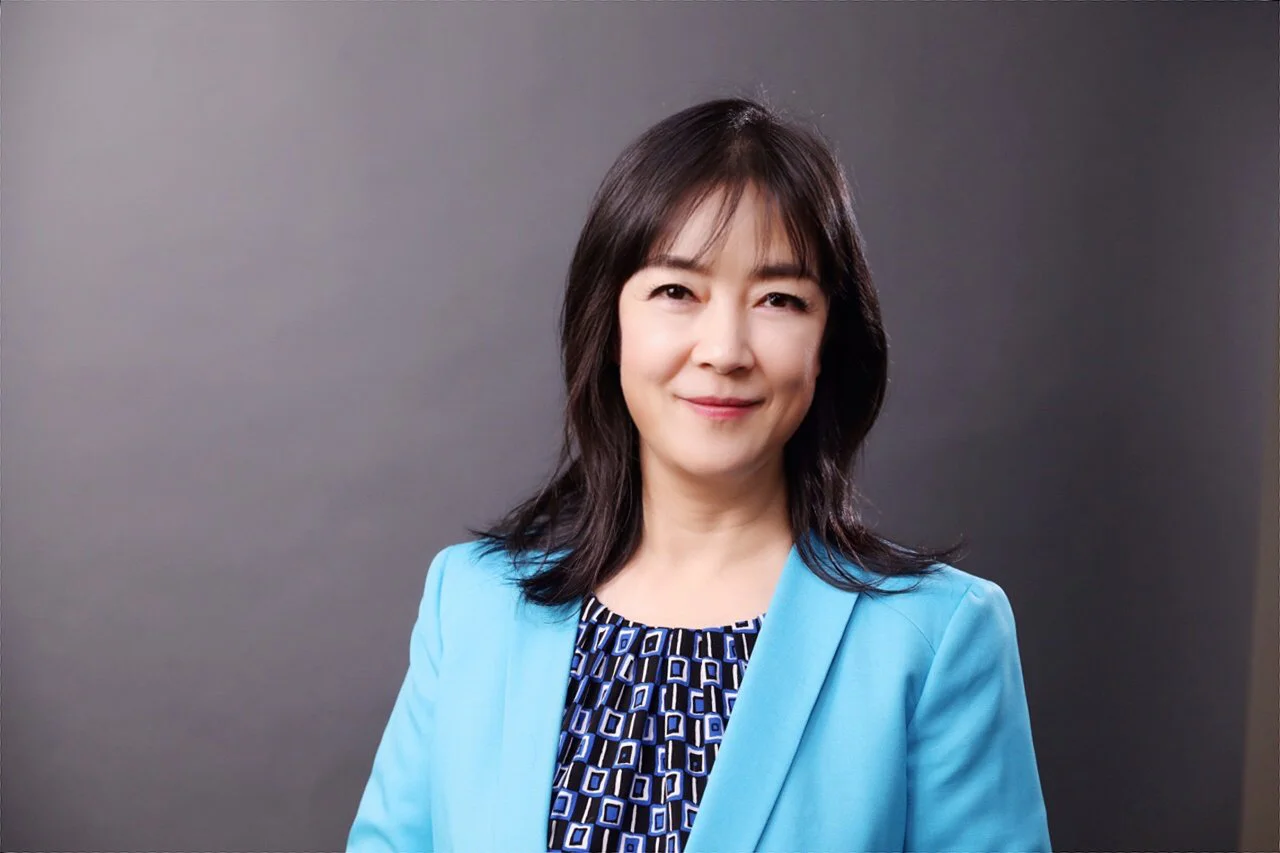China is harvesting organs from detainees, tribunal concludes
Victims include imprisoned followers of Falun Gong movement, China Tribunal says
An independent tribunal sitting in London has concluded that the killing of detainees in China for organ transplants is continuing, and victims include imprisoned followers of the Falun Gong movement.
The China Tribunal, chaired by Sir Geoffrey Nice QC, who was a prosecutor at the international criminal tribunal for the former Yugoslavia, said in a unanimous determination at the end of its hearings it was “certain that Falun Gong as a source - probably the principal source - of organs for forced organ harvesting”.
“The conclusion shows that very many people have died indescribably hideous deaths for no reason, that more may suffer in similar ways and that all of us live on a planet where extreme wickedness may be found in the power of those, for the time being, running a country with one of the oldest civilisations known to modern man.”
He added: “There is no evidence of the practice having been stopped and the tribunal is satisfied that it is continuing.”
The tribunal has been taking evidence from medical experts, human rights investigators and others.
Call for retraction of 400 scientific papers amid fears organs came from Chinese prisoners
Read more
Among those killed, it has been alleged, are members of religious minorities such as Falun Gong. Persecution of the group began in 1999 after it had attracted tens of millions of followers and came to be seen as a threat to the communist party.
There is less evidence about the treatment of Tibetans, Uighur Muslims and some Christian sects.
China announced in 2014 that it would stop removing organs for transplantation from executed prisoners and has dismissed the claims as politically-motivated and untrue.
Advertisement
The tribunal was initiated by the International Coalition to End Transplant Abuse in China (Etac) and its members, all of whom worked without payment, included medical experts.
Waiting times for transplantation offered by hospitals in China were extraordinarily low, the tribunal noted, often only a couple of weeks.
Investigators calling hospitals in China inquiring about transplants for patients, the tribunal said, have in the past been told that the source of some organs were from Falun Gong followers.
Both former Falun Gong and Uighur inmates gave testimony of undergoing repeated medical testing in Chinese jails.
Jennifer Zeng, a Falun Gong activist who was imprisoned for a year in a female labour camp, gave evidence to the China Tribunal about what she said were repeated medical check-ups and blood tests to which inmates were subjected.
She told the Guardian: “On the day we were transferred to the labour camp, we were taken to a medical facility where we underwent physical check-ups. We were interrogated about what diseases we had and I told them I had hepatitis.
“The second time, after about a month in the camp, everyone was handcuffed and put in a van and taken to a huge hospital. That was for a more thorough physical check-up. We were given X-rays. On the third occasion in the camp, they were drawing blood from us. We were all told to line up in the corridor and the test were given.”
Zeng, who fled China in 2001, did not see any direct evidence of forced organ removal but since reading other accounts, she has questioned whether the tests were part of a medical selection process.
In her statement to the tribunal, she said: “Inmates of the labour camp were not allowed to exchange contact details, so there was no way to trace each other after we were released. When anyone disappeared from the camp, I would assume that she was released and had gone home.
“But in reality that cannot be confirmed, as I had no way to trace others after my release and I now fear they might have been taken to a hospital and had their organs removed without consent and thus killed in the process.”
As many as 90,000 transplant operations a year are being carried out in China, the tribunal estimated, a far higher figure than that given by official government sources.
There have been calls for the UK parliament to ban patients from travelling to China for transplant surgery. More than 40 MPs from all parties have backed the motion. Israel, Italy, Spain and Taiwan already enforce such restrictions.
China insists it adheres to international medical standards that require organ donations to be made by consent and without any financial charges. It declined to participate in the tribunal.
Commenting on the claims earlier this year, the Chinese embassy told the Guardian: “The Chinese government always follows the World Health Organization’s guiding principles on human organ transplant, and has strengthened its management on organ transplant in recent years. On 21 March 2007, the Chinese state council enacted the regulation on human organ transplant, providing that human organ donation must be done voluntarily and gratis. We hope that the British people will not be misled by rumours.”
The tribunal heard reports of extraction of kidneys from executed prisoners from as far back as the 1970s. Most of the evidence, however, came from 2000 onwards.
Source: https://www.theguardian.com/world/2019/jun/17/china-is-harvesting-organs-from-detainees-uk-tribunal-concludes
Waiting times for transplantation offered by hospitals in China are extraordinarily low. Photograph: Sean Smith/The Guardian





